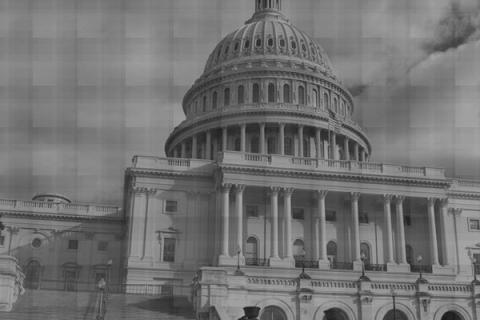
In what some are calling a pointless and overreaching case of government intrusion, the California Fair Political Practices Committee is proposing that political campaigns be required to document and report payments to bloggers and social media users.
Reaction from the internet has been predictably scathing. Steve Maviglio of the California Majority Report says the proposal is "unenforceable, overzealous, and probably unconstitutional, "shows a fundamental misunderstanding of online political communication," and is "a curious decision considering the FPPC's absence of action to slow the virtually unregulated flow of big money into elections in our state."
For example, if you work on a campaign and tweet about it on your personal Facebook page or share an article, then you'll need to be reported to the FPPC. It means that an assistant at a major campaign firm or an ad agency has to be reported for uploading something to a website -- and include the name of the websites, blogs, or social media site.
Maviglio is quite correct. The proposal mandates that deeply detailed accounts be kept of every online posting, tweet, Facebook status, and blog post if the person has received money from a campaign, as specified in the proposed regulation.
§ 18421.5. Reporting an Expenditure for Paid Online Communications.(a) When reporting an itemized expenditure pursuant to Sections 84211(k) or 3 84303, a committee, pursuant to Section 82013(a), must include amounts paid to any person who engages in activities such as the following, on the committee’s behalf:1) Providing content for or posting on a web site or a web log (commonly known as a "blog"), whether one’s own or another's;2) Providing content for or posting on any social media site, including but not limited to Facebook and Twitter;3) Creating video content to be posted online.(b) When reporting these expenditures, whether the payment is made directly or through a third party, committees must include as much specificity as possible, including the amount of the payment, the payee, the name of the person providing services, and the name of the Internet publication, blog or website and the URL on which the communications are published.
FPPC Chair Ann Ravel says she feels strongly about this issue and that the public has a right to know if political campaigns are paying journalists to write on the internet. Others feel the regulation would be pointless because it is unenforceable, unwieldy, and would produce mountains of paperwork with few demonstrable results. Ethical bloggers already do disclose where their money comes from and compared to the total amount of money in politics, payments to bloggers are minuscule.
